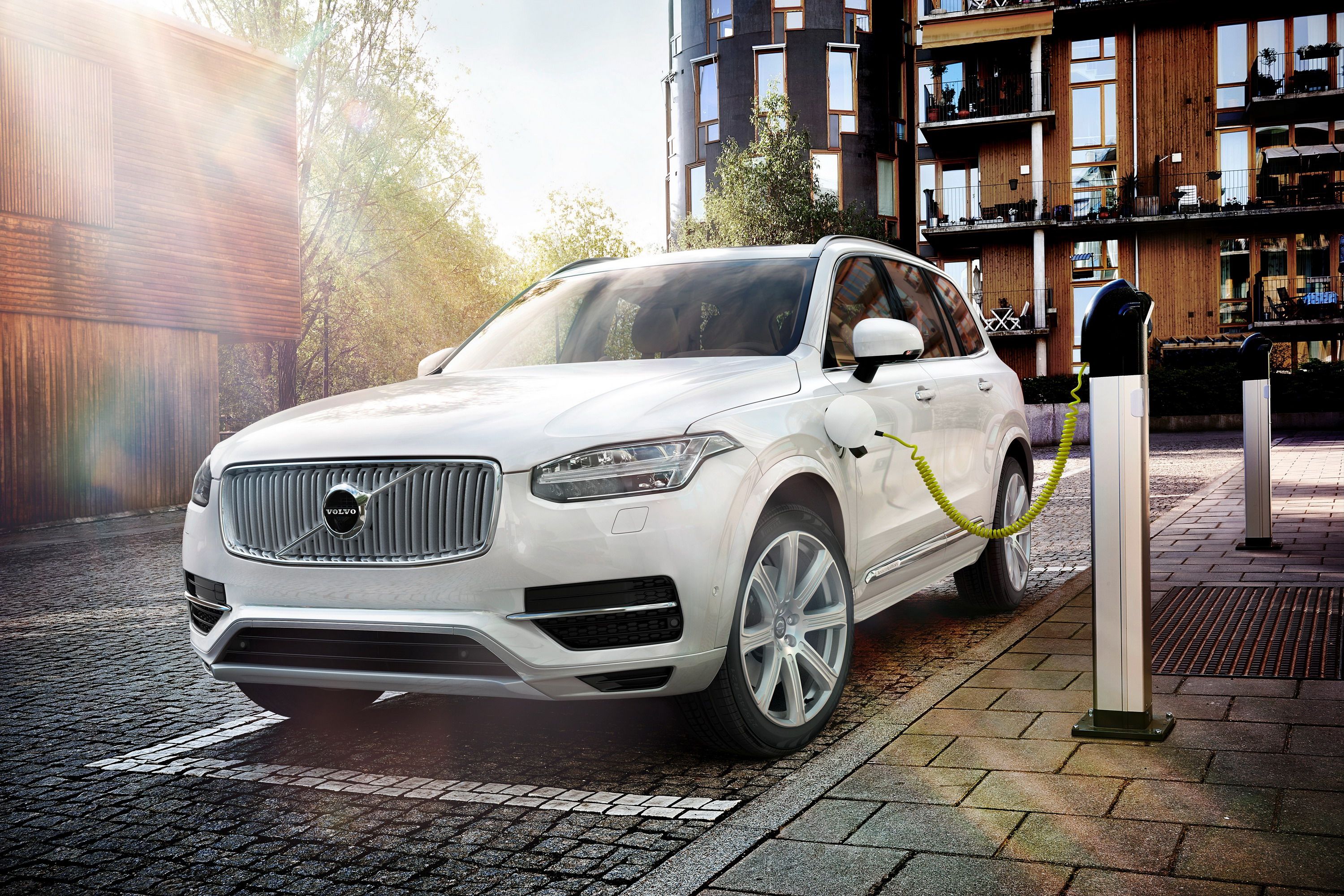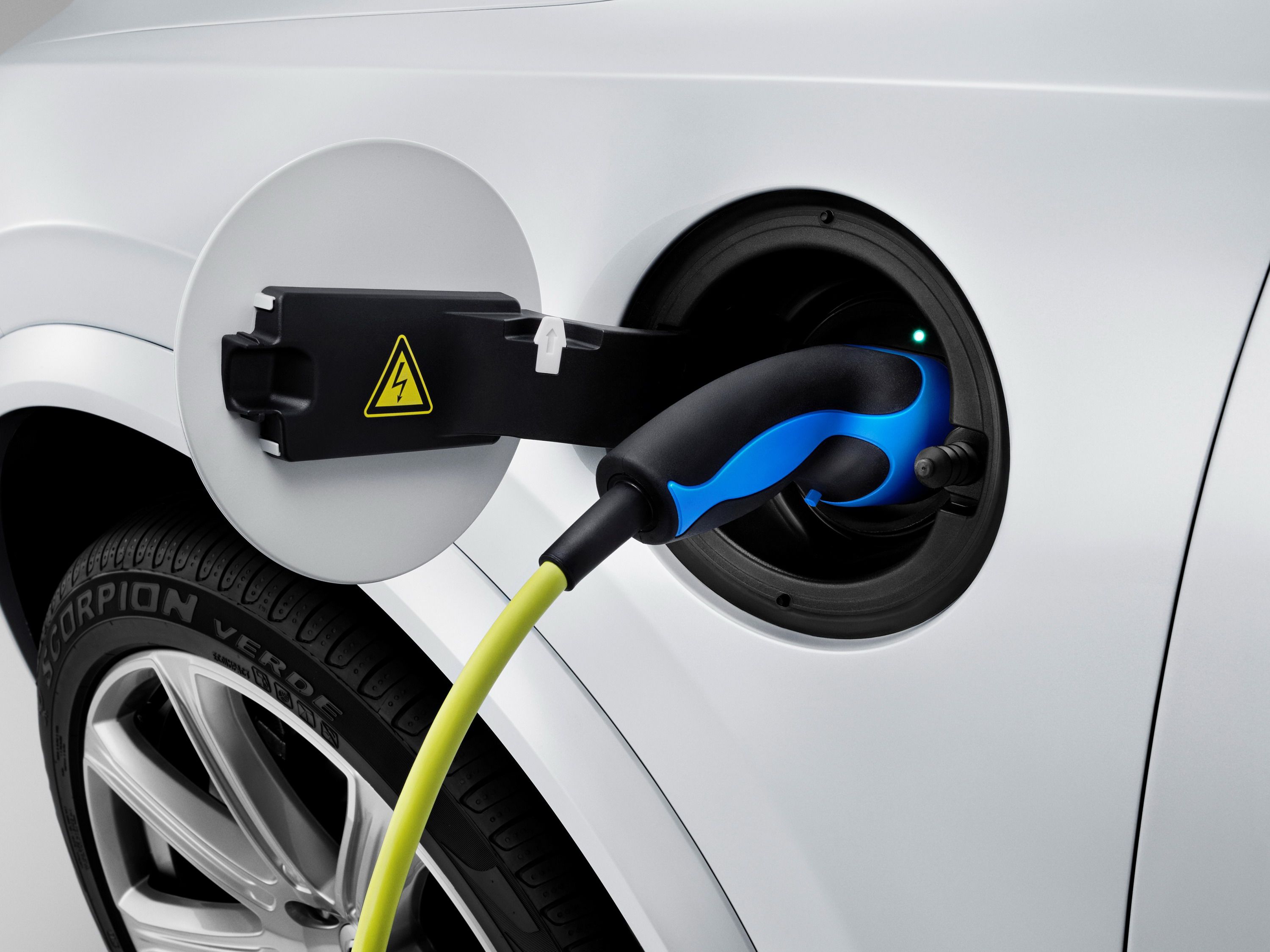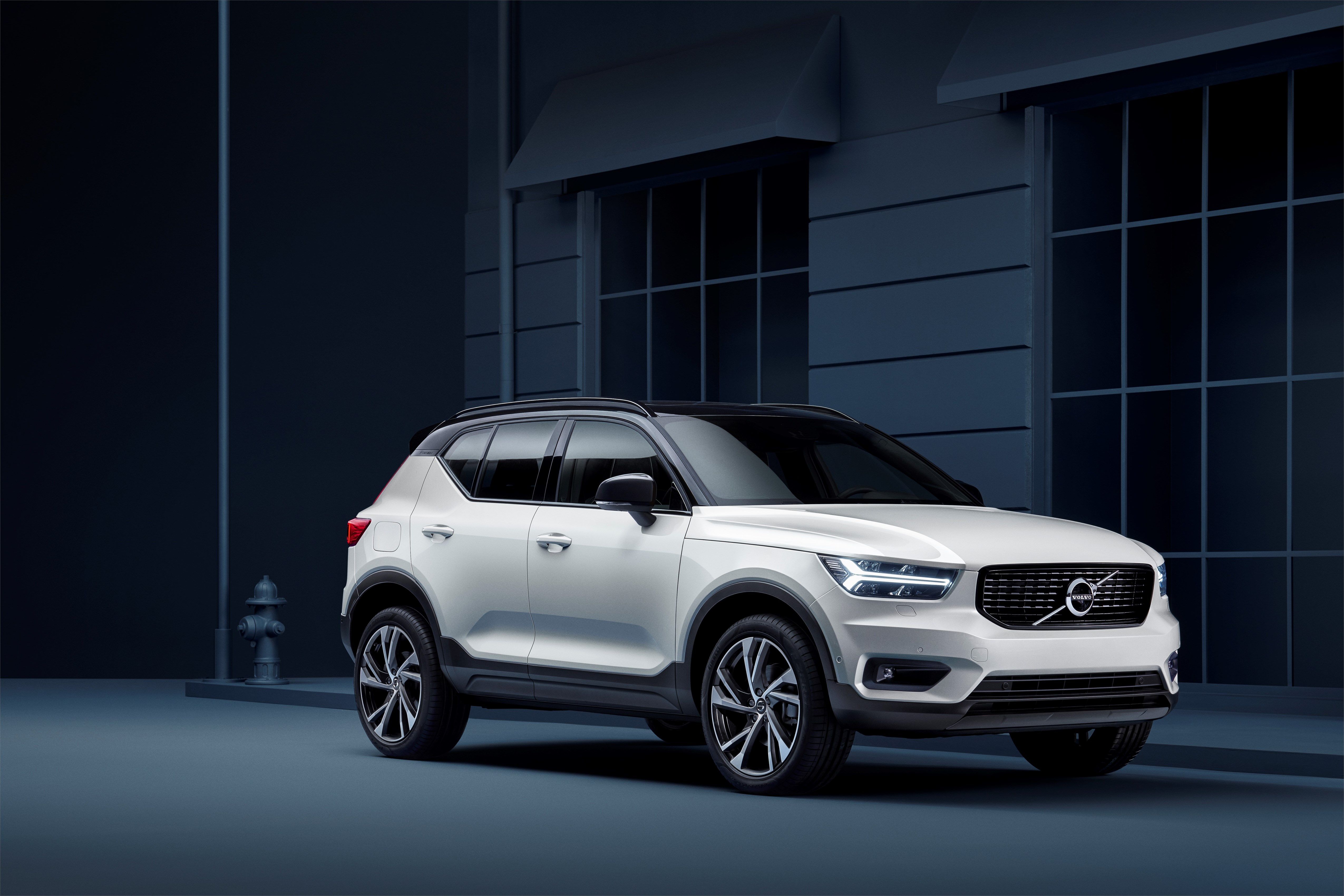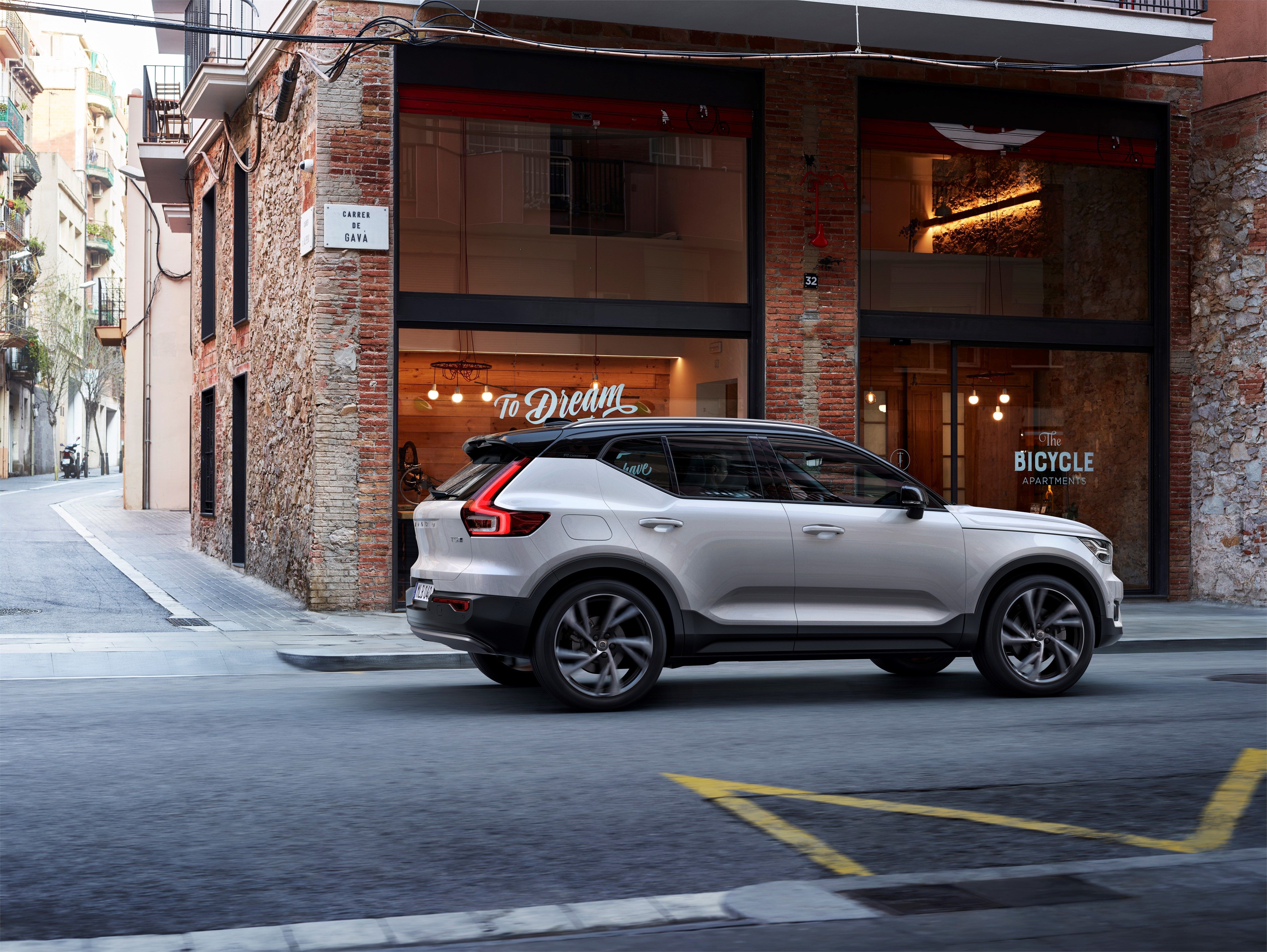Every automaker we can think of suffered from dismal sales during the first half of 2020, most of which can be attributed to the COVID pandemic. Volvo was hit pretty hard, with global sales falling 20.8 percent from January to June 2020 compared to the same time frame the year before. It was even worse across Europe, with Volvo seeing a drop in sales of 29.5 percent. All in all, Volvo posted an operating loss of 989 million krona or $111.63 million at current exchange rates. The company’s plans to bounce back rely almost entirely on electrification of its lineup. Is it a viable business plan or a bad move?
Volvo EVs – Electrifying a lineup With a Quickness
Volvo has been very clear that it wants at least 50-percent of its sales to be from fully electric vehicles, with the remaining sales being credited to plug-in hybrids. It's a bold goal, but not necessarily unattainable when you consider every model in Volvo's lineup can now be had as a hybrid, the final piece of that puzzle being placed with the launch of the XC40 T5 Recharge PHEV. By the end of 2020, Volvo will also have the all-electric XC40 P8 Recharge in its lineup, which should – given the continually growing popularity of SUVs – help Volvo move closer to its 50/50 goal.
Now, in an interview with Autocar, Volvo Boss, Hakan Samuelsson, explained how the company's PHEVs are trending. According to him, sales growth of Volvo PHEVs "demonstrates a strong trend towards our strategic ambition of being a company electrifying faster than rivals." But, he also explained his stance on the companies recent sales plummet:
What's really interesting is that while some automakers got extremely nervous during the first half of the year, Volvo has managed to turn the Pandemic situation into a bit of extra confidence:
So, what's next for Volvo? Well, 69-percent of the company's sales in the first half of this year came from the XC40, XC60, and XC90 SUVs, while the V estate range and S saloon range combined to make up the remaining 31-percent. So, you can imagine that the next steps will include pushing the brand's SUVs deeper into EV territory with the sedans and wagons coming in as a second thought sometime down the road.




